Belfast film Festival: Bring Them Down
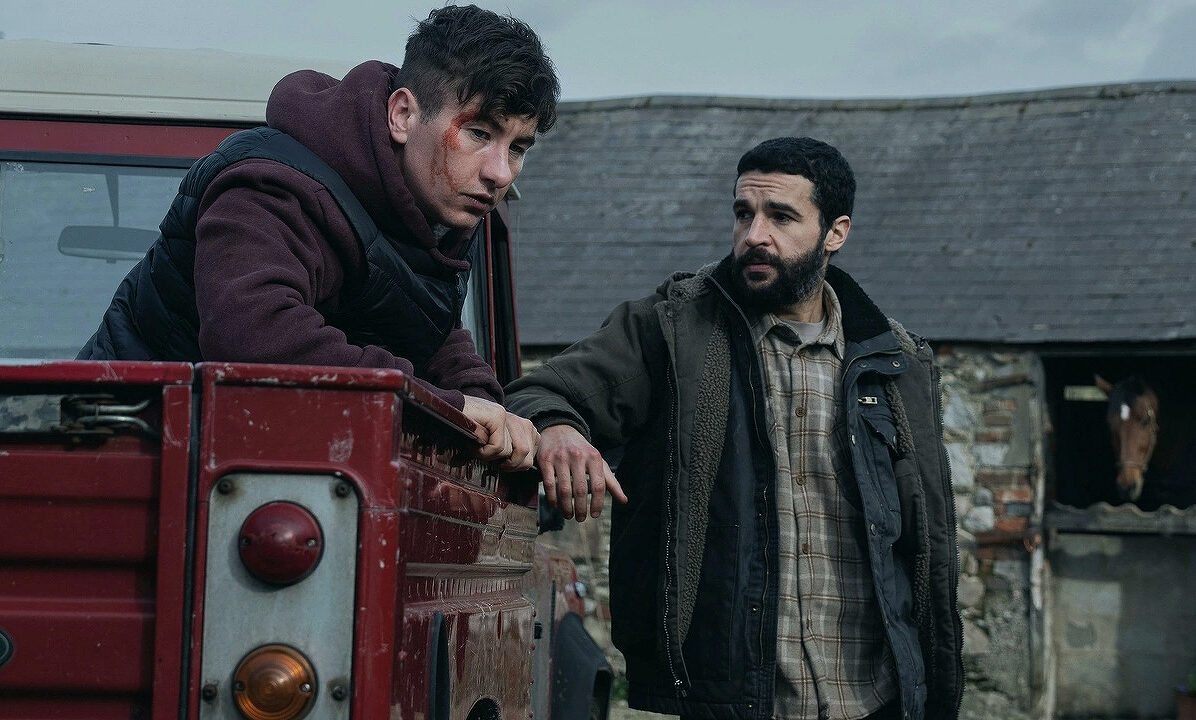
Heart-wrenching and stomach-churning, Bring Them Down is an excellent showcase of the volatile turn father and son relationships can take, and how generational anger and the competitive nature of masculinity can pass onto children in the most disturbing of manners. This stunning directorial debut by Christopher Andrews is strongly supported by the electric chemistry and feral performances of Christopher Abbott and Barry Keoghan. The story follows Michael, a solitary figure who fills his days herding sheep and looking after his ailing father, Ray. A small incident involving a broken gate and a couple of stolen sheep sparks a confrontation between himself and Jack, the son of a neighbouring farm owned by his ex-girlfriend Caroline and her husband Gary. This sets in motion a series of events full of blood, car crashes, mutilated and dead animals, and severed human heads, all symbolic of how the simplest of conflicts can escalate to severe violence and the loss of innocent lives.
Andrews’s writing is stellar in highlighting the problematic aspects of masculinity and their tendencies to result in savage cruelty and absolute ruin. He explores varying father and son dynamics, showcasing the differences and parallels in Michael and Jack’s relationship with their respective paternal figure, and how this, in turn, catalyses the events of the movie. The picture is rough, drenched in blood, and constantly displaying the killing of animals. This disturbing imagery emphasises the rural setting and stands as a visceral reminder of what these acts of violence can lead to. Utilising irony and dark humour, Andrews firmly underlines this contentious dynamic between Michael and Jack with the quote, “Love thy neighbour.” Still, where Andrews truly excels is in the subtle ways in which he explores the root of this toxic rivalry between the two families, and specifically its effects on Michael and Jack as individuals just trying to appease their fathers.
First is his use of an oscillating narrative that jumps from one perspective to another. He begins the faeture by solely focusing on Michael and his point of view which garners heavy sympathy for the character and plants seeds of resentment within the audience for the opposing family. As the viewers find themselves falling for Michael, the perspective switches to Jack, dismantling this initial impression of Jack’s role within the events of the film. Having the opportunity to see his side of the story adds an element of mystery and thrill while also expanding on his characterisation and the dynamic he has with both Gary and Michael. Seeing how the two sons can relate to each other because of their fathers is what makes Bring Them Down a human story of love and empathy, rather than just a harsh critique of toxic male behaviour.
Caroline’s presence is also important in successfully exploring nuance. As the only mainstay feminine figure in such a physically gruesome and heavily masculine story, she adds a softer and more tender energy to the conflict. Still, she bears a scar, a heavy reminder of the past she and Michael share, and symbolic of the way women are constantly paying for the violent antics of men. Despite past mistakes, she shows compassion and kindness towards Michael. This puts a further strain on her relationship with Gary and leaves Jack wary of the stability within his family. Caroline is exemplary of how women, regardless of intention, are used as excuses for men’s actions – whether they be good or bad. It’s her resilience and this balancing act of her sympathy for her ex and her love for her son that stands as the emotional core of the film.
Thrilling and explosive in its action and soundtrack, horrifying in its constant display of blood, gore and mutilation, wonderfully charming in its cast, and extremely sharp and subtle in its storytelling, Bring Them Down is a debut to remember for Andrews.
Mae Trumata
Bring Them Down does not have a release date yet.



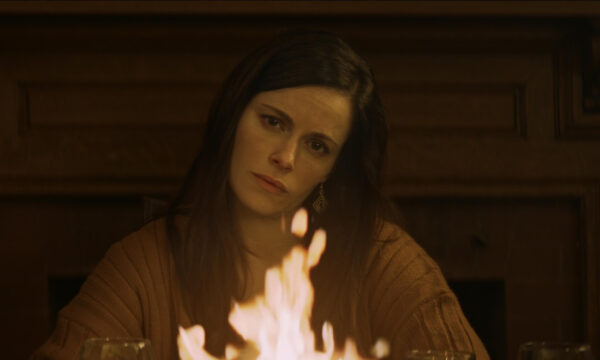


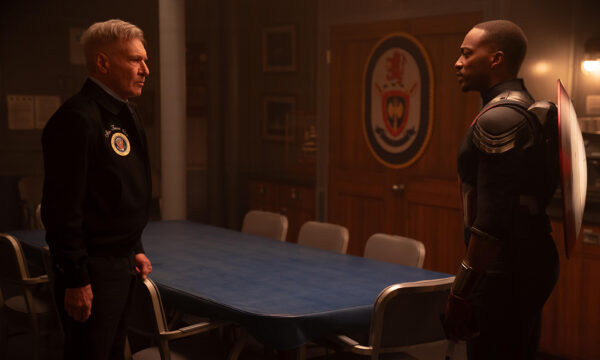


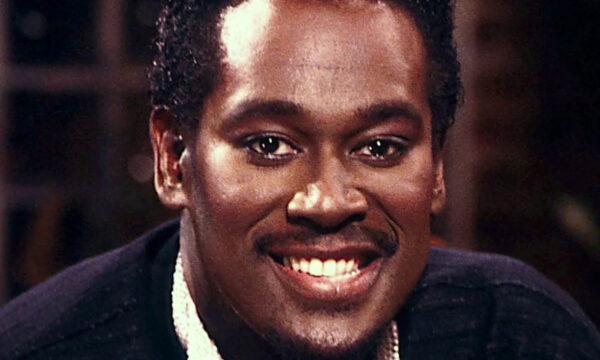
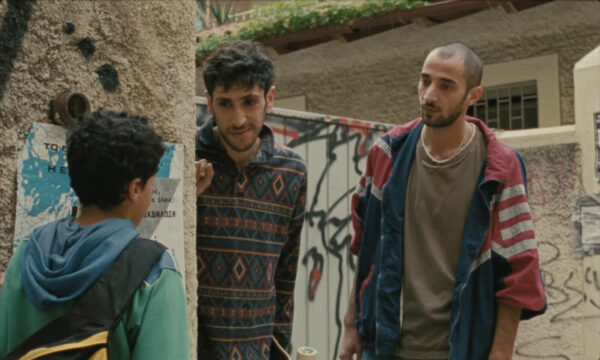
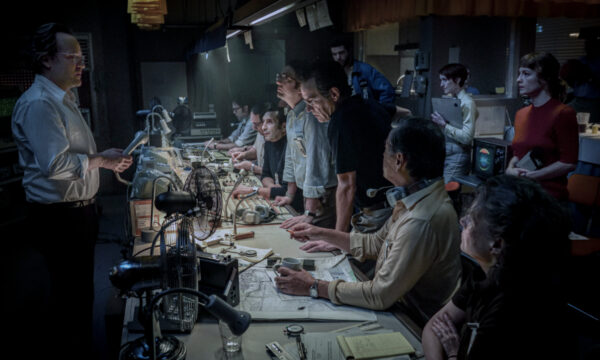








Facebook
Twitter
Instagram
YouTube
RSS